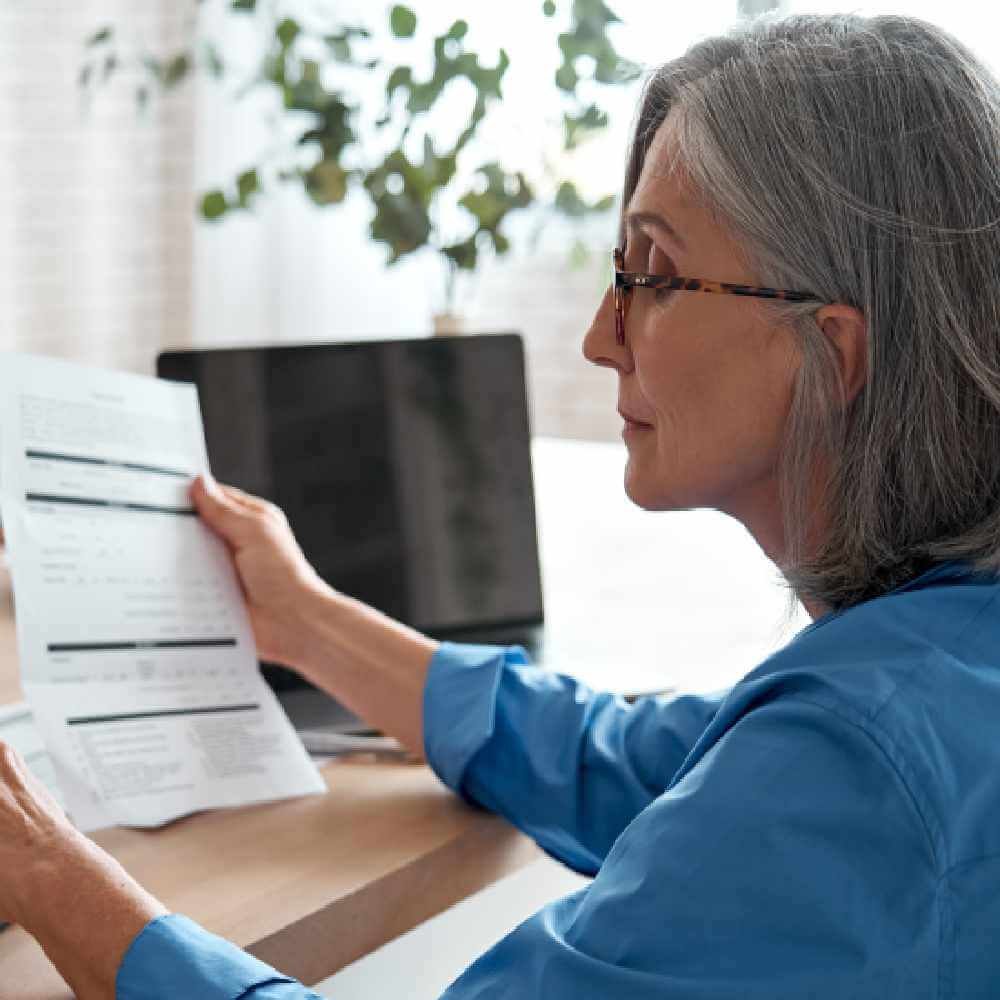The key to a healthy pension fund is making contributions early and consistently during your working life. Any absence from work can devastate financial goals, so, handling the absence, getting back on track and restarting contributions is essential.
However, your pension may not be the first thing you think about when contemplating a work break or when enjoying a nice new regular income when you return. It can unhappily be put off until tomorrow. Also, if you were receiving an occupational pension previously then you probably had little to do with choosing the pension provider, ensuring contributions took place or making sure they were taken out of your salary. This makes the idea of re-starting a pension all a bit complex.
So now you have that little bit extra to put towards a secure and enjoyable future, how will you make it work for you?
An occupational pension is a great way to start investing in a pension fund because your employer does all the legwork for you. Not only that, but they will contribute to the fund as well. The downside of this arrangement is all processes tend to be done behind the scenes. A fund and provider will have been decided upon by the employer and contributions will have been taken out before you receive your net salary. Your employer will also ensure that National Insurance contributions (NI) which go towards your state pension are made. This may all stop when you have a work break. So, the sooner you get back to providing to both on a regular basis the better. There are ways in which you can continue contributions while you are away from work, and they are discussed here.
Keeping contributions going
As well as the obvious (such as redundancy, or job termination) there are many different reasons why an individual may have an employment break. The most common is for family related reasons (i.e., maternity or paternity leave – or it may be due to having to care for a close family member at home). In other words, this is a break agreed with your employer and you may be able to negotiate continuing payment of contributions and/or how they will restart when you return.
Can claiming benefits help?
Whatever the reason you are away from work, don’t forget government benefits for support. You can claim benefits if you have already paid enough NI contributions (through your work). If there are already gaps in your NI history then you can claim NI credits. In most situations (such as receiving Employment Allowance) class 1 stamps will be paid automatically, in other situations (i.e., you are on statutory sick pay but do not make enough for a qualifying year) you need to claim. To get an idea as to which benefits automatically offer credits visit the government website.
Before you go…
If there is finance available and you are considering returning to your place of work (i.e., maternity or paternity leave) it may well be worth speaking to your Human Resources (HR) department before you leave to find out whether contributions will be kept going or how you can continue to contribute while you are away.
Making contributions
If the money is available, consider contributing to a private pension if you are not already. This will help keep your retirement fund healthy during any period of work absence. It maybe that you need to reduce the size of contributions you are making. This is better than stopping altogether. For advice speak to a regulated financial adviser.
If your work absence has been one without pension contributions you will have catching-up to do when you re-start your job. Again, check out with HR how you can perhaps adapt contributions so your pension fund stays healthy. It maybe that you need to increase contributions for a short period until you are back on course. This is why it is important to determine whether you can still make contributions when you have an authorised break from work.
You can also make voluntary NI contributions. To learn more click here
The positive side of work absence is it will hopefully get you thinking about the state of your pension fund. Whereas before, your fund appeared to look after itself and perhaps you left retirement finance to fate, there is now strong reason to check it out.

It is at this time many people find that a pension they have been paying into for a long time is not growing as well as could be hoped. You may have many different funds which are likely to be easier managed if they were all consolidated (i.e., if you have had a few jobs in your career then there may be a pension attached to each). You may want to alter how much you are contributing to your pension.
Either way, it is likely that at this juncture in your career you will be looking more seriously into the world of pensions. Here are a few activities you may want to consider:
A job loss can be devastating and a work break needs careful planning for your long-term future. So it is good to check whether contributions will be made in your absence. If it is a work break, keep aligned with benefits and NI credit and whatever you do always make your retirement fund – your pension – a primary importance.
Whenever there is a disruption in your pension contributions there is a need to revisit what funds you have and how they are performing. It is recommended you do this with the support and guidance of a regulated financial adviser.
We can help you to make the best possible decisions when it comes to your pension.
Taking pension money early is not right for everyone as it will leave you worse off in retirement. Also, tax treatment depends on your circumstances and is subject to change. That’s why it makes sense to get help from a regulated specialist.



